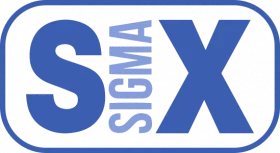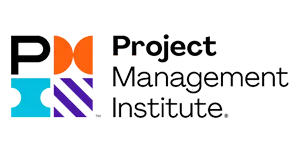
Demand Management allows an organization to create a more efficient supply chain. The best way to create efficiency is through transparency and simplicity. From the largest to the smallest, organizations must ensure that all suppliers and players are completely transparent. By determining what the demand might be in the future and how to manage it, the Demand Management process comes to life. The three goals of Demand Management are:
- Improving forecast accuracy
- Lessen inventory investment
- Effective balance between supply & demand
“Need is not demand. Effective economic demand requires not merely need but corresponding purchasing power.”
– Henry Hazlitt
The process becomes a unified method of controlling and tracking business unit requirements and internal purchasing operations. It focuses on the volume of products being purchased from suppliers rather than individual product pricing, which is in contrast to conventional sourcing processes. Through the Demand Management process, organizations address external spending factors, properly arrange purchase orders and eliminate waste in all aspects of the process.
Within Demand Management, Demand Control is a crucial broad principle. It focuses on the alignment of supply and demand, especially where there is a sudden and unexpected shift in the demand plan. These shifts occur when near-term demand overtakes supply or when actual orders are less than planned. This can result in very reactive decisions, which can have a negative impact of workloads, costs, and customer satisfaction. Creating overall performance measures and essential performance indicators is vital to keeping track of demand and potential intervention. The collected performance data can result in better demand forecasts, which may be incorporated with an extensive supplier-communications program. These details help suppliers and organizations handle assets more effectively, which reduces expenditures.
Effective demand management outcomes are a reflection of policies and programs used to influence demand as well as competition. They follow the concept of a closed loop, where feedback from the results of the demand plans is fed back into the planning process to improve the predictability of outcomes. Effective and efficient organizations master the principles of Demand Management and maintain a competitive advantage through focus and disciplined process.








No responses / comments so far.